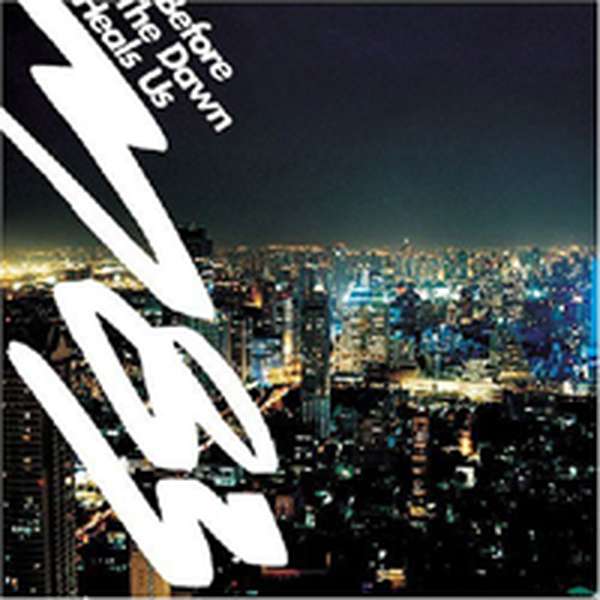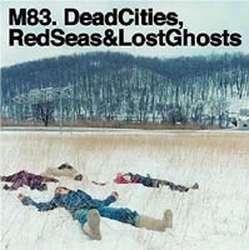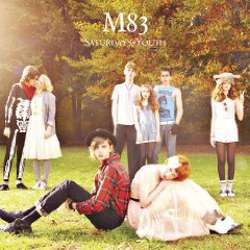I don't know why I used to assume that following up an amazing album is hard to pull off. Listening to this release, you wouldn't think that at all. M83's second release, Dead Cities, Red Seas and Lost Ghosts gave My Bloody Valentine an electronic makeover, but with enough character of its own to avoid being dismissed as some sort of robotic rip-off. The album was admired by almost everyone who heard it, making it a near instant classic. Now, one year later, (two if you're French) we've got a third M83 album. For this full length, 1337 h4x0r Anthony Gonzalez has lost that other guy and created the most natural feeling follow up possible. The result is the dreamiest pop album since... um, Dead Cities...
That's not to say this album is a direct copy of the last one. No ma'am. Aside from placing cheesy-yet-creepy sci-fi dialogue between songs, M83's songwriting has changed, too. For one thing, there's far more prominent singing this time. Whether they're coming from a choir, a group of children, or Gonzalez himself, the vocals play a bigger role than they did in the past. There's even times when (oh boy!) the lyrics are actually audible.
As well as a change in vocal style, there are more guitars now. This probably doesn't sound like such a big change, but it's immediately noticeable, and immediately pleasing. The stronger guitars trigger faster songs in some cases. Songs like "Car Chase Terror!" and "Don't Save Us From the Flames" demonstrate that Gonzalez is just as capable of writing danceable songs as he is of providing crashing waves of layered beauty.
Speaking of layered beauty, there's lots of that, too. The album's flawless opener, "Moonchild," picks up exactly where Dead Cities left off. A triumphantly sad choir introduces us to the dream we're about to hear, over trademark synths and a slow beat. Imagine a Japanese Sigur Ros conquering space. The rest of the album falls into place accordingly, each song appropriately dreamy and indisputably beautiful. Even the aforementioned rock-out songs are suitable for falling asleep to.
Before the Dawn Heals Us does stutter a few times, but it's never enough to break the spell. For example, the tres-European vocals on "Can't Stop" weave in and out of character, sometimes resembling Aqua more than M83. However, this could be intentional, as the track is more of an interlude than anything else. The other thing I'd consider a problem is that some of the songs are too short. "Slight Night Shiver's" three-chord organ shows promise, but cuts out after two minutes. Thankfully, this piece sets the stage for one of the album's strongest songs, "A Guitar and a Heart." And just in case you're still awake by track fifteen, the album ends with more synths and choirs in a glorious ten minute finale, so no complaints about song length there.
At its heart, this is a soundtrack album. It's music that wants to be tied to memory, to be played in the background while you live your life. Upon close inspection, it's not a flawless album, and it may not be as jarring as Dead Cities, but it's definitely not worth ignoring. Really, Before the Dawn Heals Us is another one of those rare albums that has the power to change what you dream about. All you need to do is go buy it. So do it. Why aren't you doing it?


